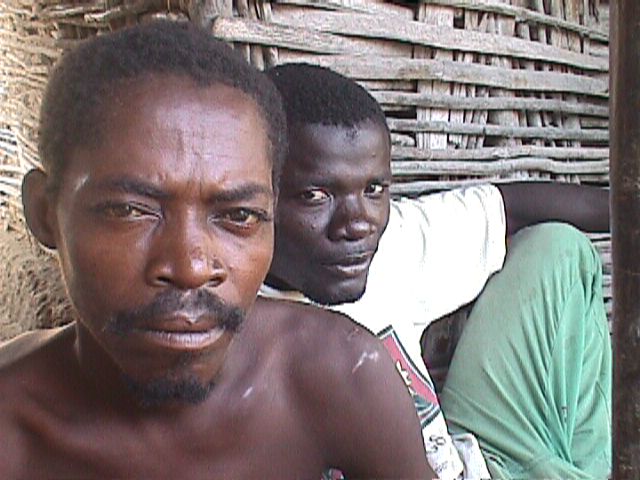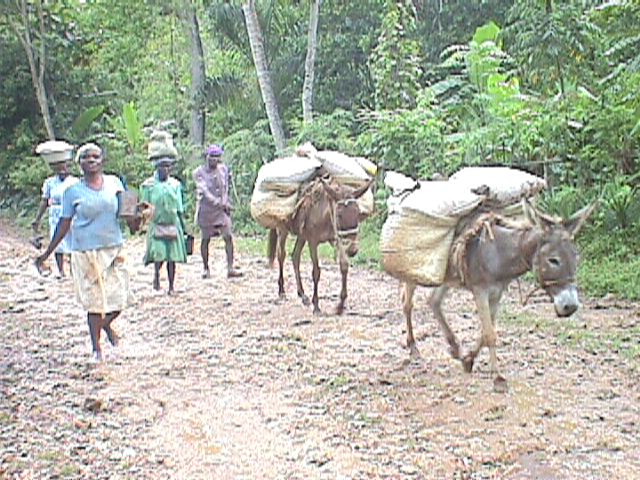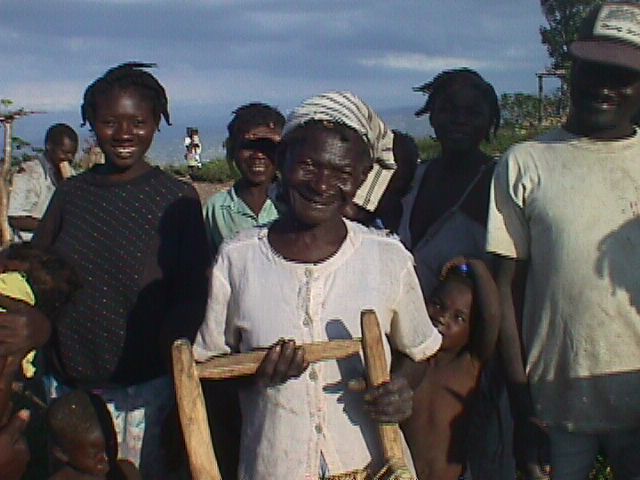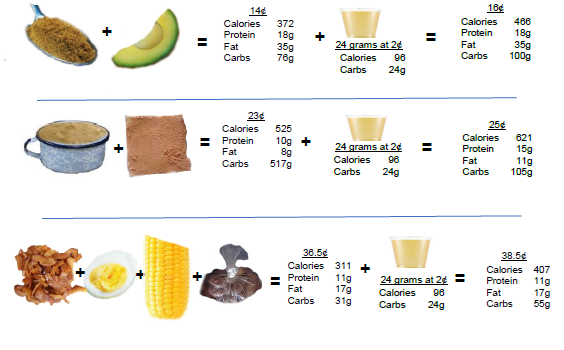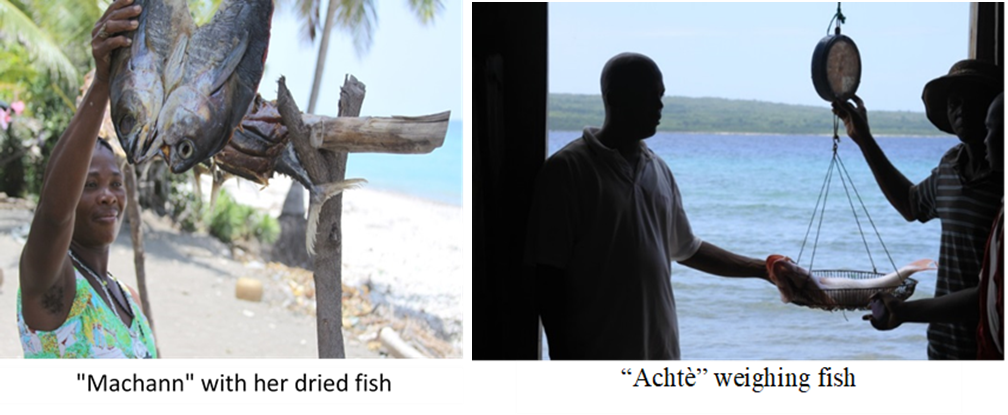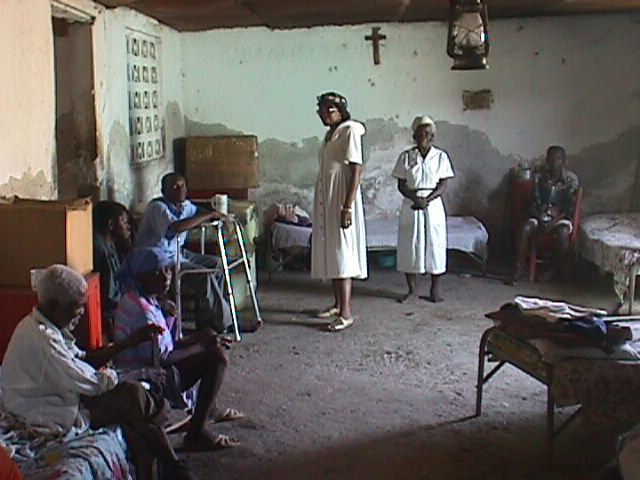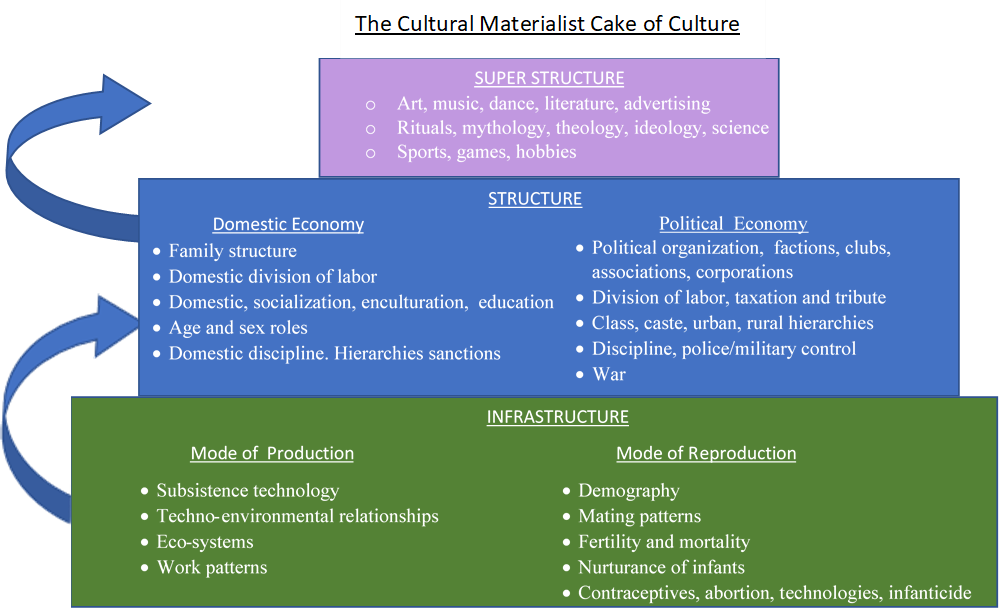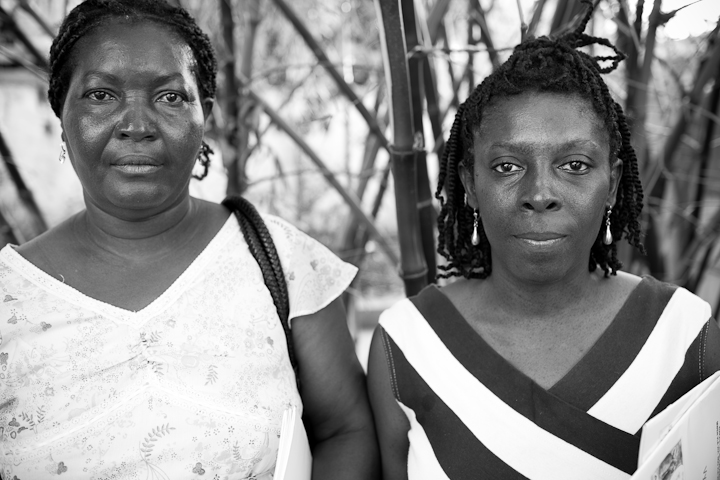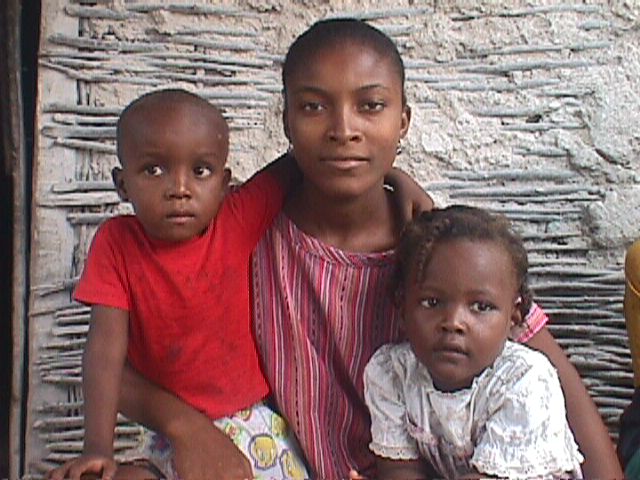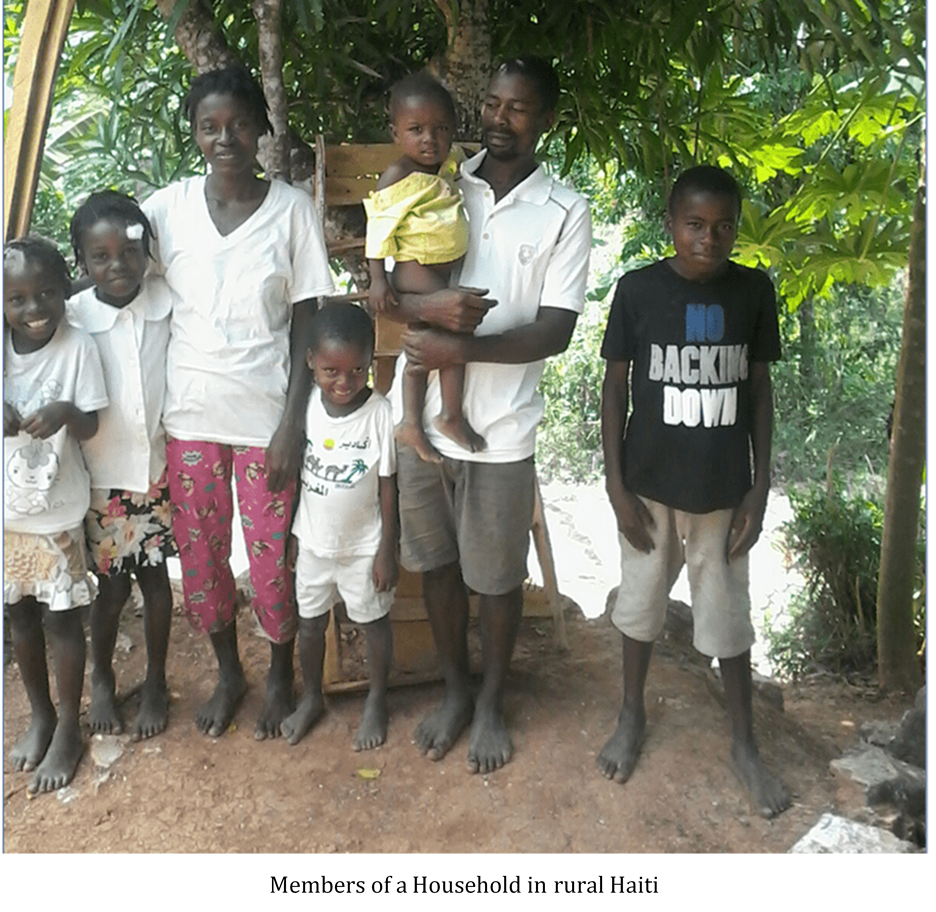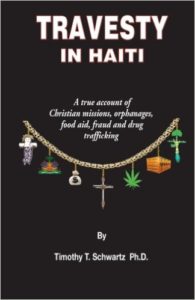Haiti Anthropology Brief: A Word on the Violence of Haitian Compared to US Men
The 2005-6 Haitian EMMUS found that 19.3% of women interviewed had, at some point in their lives, experienced physical or sexual violence at the hands of a partner. However, putting this in regional perspective, it is the second lowest rate in Latin America (PAHO 2012); and 2.8% less than the 22.1% reported in year 2000Read More
Haiti Anthropology Brief: Defining the Haitian Madam Sara
Named for a migratory bird that assiduously searches for and finds food wherever it goes, the Haitian madam sara (pronounced ma-dan sé-ra) acts as the critical market link between rural producers and the urban consumer, most importantly the 30% of the national population who live in Port-au-Prince, many of whom work for wages and receiveRead More
Violent Women in Haiti: Ethnographic and Survey Data
There is a great deal of concern in the NGO community about violence against Haitian women. Google ‘Haiti GBV’ and you’ll see that it’s a veritable rallying cry for feminine interventions and donations. It’s always good to help people, especially those who are victims of violence. But the vast majority of people seeking to helpRead More
Snacks, Meals, Prices, and Nutritional Content for Proposed Locally Procured School Feeding Program in Haiti
This article addresses the prospects for true, locally procured meals for a national school feeding program, something that does not yet exist. We present a series of the most commonly available local Haitian foods together with street costs and nutritional analysis. The suggestion is that prepared food containing twice the calories and protein available inRead More
Gender and the Fish Market Chain in Haiti
NGO Interventions, Associations and the Market Chain: Risk of Putting Women out of Business NGOs have intervened in the purchasing-processing-storage-and-marketing chain to help fishermen get better prices for their fish and thereby bolster income to impoverished households. This support has encouraged the formation of male-dominated fishing associations. In addition to help with offshore fishing, theyRead More
Haiti Anthropology Brief: Eight Questions About a Welfare System in Haiti
This post deals with the impact of a welfare system in Haiti. USAID, the World Bank, and WFP have proposed a type of welfare system for Haiti’s most vulnerable (see KORE LAVI program). While there are definitively many vulnerable people in Haiti, the idea of an institutionalized safety-net brings up questions that should be addressed. Read More
Haiti Anthropology Brief: Cultural Materialist Cake of Culture
Here I provide a brief summary of the cultural materialist model with the graphic Cake of Culture. I do so because, a) The model is useful to those seeking to understand the social system in developing countries, and more specifically for those endeavoring to evaluate development interventions and understand why they work or don’t workRead More
History of Haiti’s Fabricated Rape Epidemics
In this article I begin with the rape epidemic that supposedly shook Haiti following the 2010 earthquake and then trace back in time the role of international aid agencies, activists, foreign governments, Haitian politicians and Haitian opportunist aid entrepreneurs in creating what has become an industry of being “viktim.”
Anthropological Brief: Understanding Infant Nutritional Challenges in Haiti
Infants in Haiti face an especially daunting set of nutritional challenges. The 1,000 days from conception to a child’s second birthday are the most critical period of a child’s physio-intellectual development. Children who are well nourished during this period become healthier and more intelligent adults who in turn are better able to feed and careRead More
Problems with Household as a Unit of Analysis in Haiti
This post deals with defining the concept of a “household” and a member of a household in Haiti. But before launching into an exploration of the problems with the household as a unit of analysis, some readers may be more interested in other topics regarding household studies in Haiti and can refer to these posts:Read More
